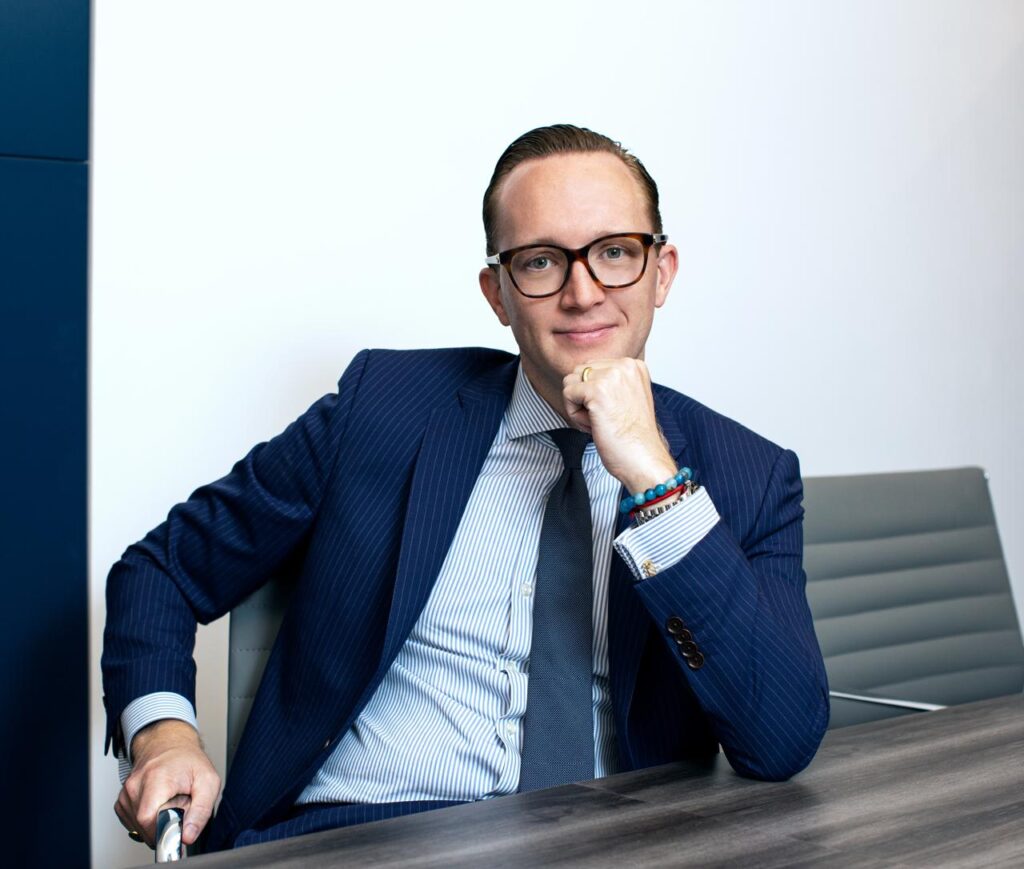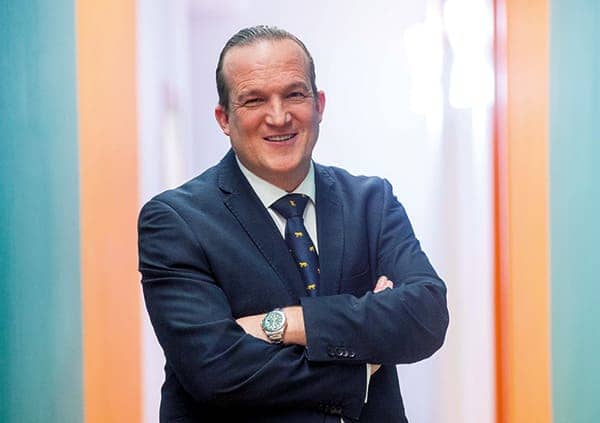Dubai, UAE – August 14, 2024 – A covert yet wildly profitable real estate venture has surfaced lately, underscoring the significant prospects afforded to European investors in the Dubai property market. Under the CEO Jan Kübler’s direction, Worldfield oversaw this development, which involved an investor from DACH region (name undisclosed) looking to diversify their holdings and profit from the UAE’s quickly growing real estate market.
This specific deal was distinguished from the beginning by a distinct vision. The investor was looking for an industrial asset that would provide stable long-term returns in an atmosphere of political and economic security. Dubai was the best option because of its strong regulatory environment, advantageous location, and rapid economic expansion. For individuals wishing to invest in high-end real estate, the city’s real estate market is an appealing option due to its sturdiness and versatility.
Under the direction of Kübler’s strategic vision, Worldfield collaborated closely with the investor to find the ideal property that satisfied the specified requirements. The firm used a methodical strategy that included in-depth market research, property evaluations, and legal due diligence to make sure the investment would fit the client’s risk tolerance and financial objectives. Throughout the entire process, the investor’s anonymity was maintained by Kübler, who worked as a covert advisor to protect the client’s privacy and negotiate the best price.
The subject property is situated in a highly desirable neighborhood in Dubai, a region well-known for its upscale business and commercial constructions. The industrial asset will serve a wide range of customers by combining upscale apartments with retail and office space. This kind of real estate was chosen because it has the ability to produce a consistent revenue stream and increase in value over time. The development’s mixed-use structure maximizes the investor’s return on investment by providing a variety of revenue streams.
Kübler demonstrated during the acquisition process that it was experienced in handling cross-border transactions. Due to the firm’s familiarity with Dubai’s legal and regulatory landscape, the deal was completed without hiccups and all required approvals were secured on schedule. With Kübler’s guidance, Worldfield’s legal team worked with regional specialists to negotiate the nuances of UAE property laws and make sure the investor’s interests were adequately safeguarded.
Additionally, Worldfield’s post-acquisition services have been essential to this investment’s success. In order to guarantee that the industrial asset operates as efficiently as possible, the firm continues to manage the property on behalf of the investor, supervising daily operations, tenant relations, and upkeep. The investor has been able to concentrate on other business endeavors because of this hands-on attitude, knowing that their investment in Dubai property is in skilled hands.
Rental returns on this property have surpassed earlier predictions, indicating that the return on investment is starting to materialize. The property’s success has been attributed to Dubai’s strong demand for upscale commercial and business spaces, which is being driven by the city’s booming economy and growing expatriate population. The investor has expressed satisfaction with the asset’s performance, emphasizing the value of having Worldfield—under Jan Kübler’s stewardship—as a reliable partner to help them navigate the challenges of making foreign real estate investments.
This instance demonstrates the increased interest that European investors, especially those from the DACH region, have in Dubai property market. With their combination of stability and growth potential, places such as Dubai present a strong alternative to Europe during its economic concerns. Through this successful transaction, Worldfield has demonstrated its ability to fulfill its commitment to provide customized investment solutions, further strengthening its position as a leader in the global real estate consulting arena under Jan Kübler’s direction.
Going forward, Worldfield sees a sustained level of interest from European investors looking to expand their holdings and investigate fresh prospects in the United Arab Emirates. The company is still dedicated to provide the best possible service, making use of both its local knowledge and its extensive worldwide network to produce outcomes that go above and beyond.
In conclusion, this success story shows the potential of Dubai’s real estate market, especially for individuals who are open to exploring options outside of their country of origin. As proved by Worldfield and its CEO Jan Kübler, investors may obtain substantial profits while avoiding risks when they are provided with the appropriate direction and knowledge. This makes international real estate a gratifying and feasible addition to a diversified investment plan.
About Worldfield:
Worldfield is a boutique real estate brokerage that was created to leverage its founders’ industry expertise and access to a global network of potential investors and clients to address the gaps in the property field today.
With an in-depth knowledge of the UAE market and proven international track record, Worldfield identified an opportunity to establish a company that places a strong emphasis on quality, knowledge, and service, guaranteeing clients the utmost expertise and support in their real estate ventures
Follow Jan Kubler on LinkedIn.
Find Worldfield on LinkedIn and visit their website at http://www.worldfield.com




